As more people explore alternatives to conventional wellness products, hemp-based cannabinoids have moved into the spotlight. Among the most talked about are CBD, CBN, and CBG—each offering a unique profile and potential use case.
However, many consumers still refer to all hemp products as "CBD," not realizing there’s an entire range of cannabinoids available, each with their own properties. If you’re confused about how these compounds compare or unsure which one to try, this guide is for you.
Let’s walk through what sets CBD, CBN, and CBG apart—starting with how they’re sourced, how they interact with the body, and how users are combining them today.
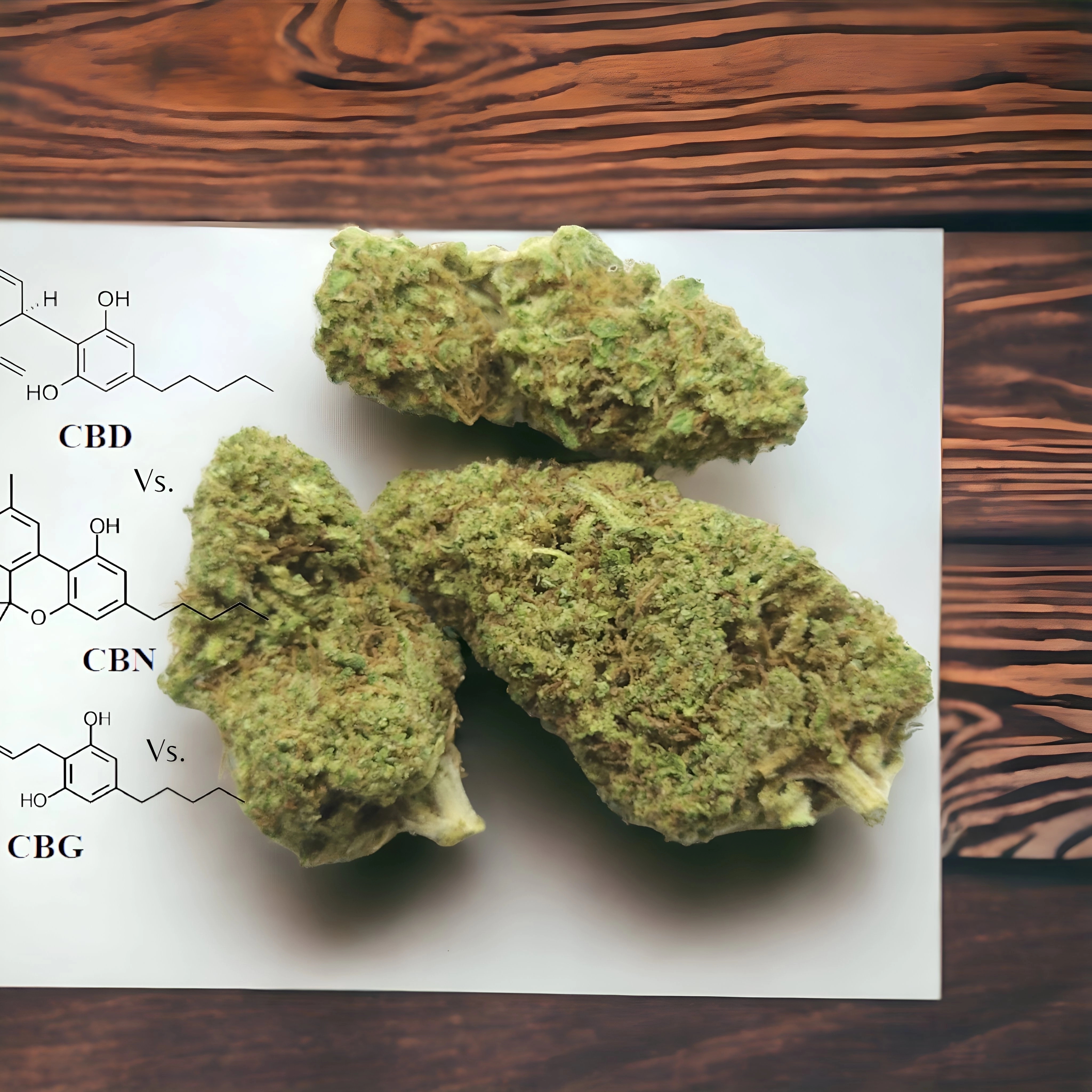
Cannabinoids at a Glance: Legal, Accessible, and Growing in Popularity
CBD, CBN, and CBG are naturally occurring cannabinoids found in the Cannabis sativa L. plant. Under the 2018 Farm Bill, hemp-derived products are federally legal in the U.S. if they contain no more than 0.3% delta-9 THC by dry weight. That opened the door for wide-scale production and sale of these cannabinoids in formats like oils, gummies, capsules, and topicals.
While CBD is the most prominent and widely available, CBN and CBG have gained traction in niche markets, especially online. Shopping with a reputable online vendor can offer better prices, consistent access to third-party lab testing (COAs), and transparency around sourcing and potency.
CBD: The Most Recognized Cannabinoid
CBD (Cannabidiol) is the most widely known hemp compound. It’s non-intoxicating and interacts with the endocannabinoid system (ECS), a biological system that helps regulate balance in the body.
Unlike THC, CBD doesn’t cause a “high.” Its popularity continues to grow in products like oils, edibles, and skincare, with many consumers using it as part of a regular routine. It’s important to note that while one CBD-based medication is FDA-approved, most CBD products sold in stores are not.
CBN: A Milder, Niche Cannabinoid
CBN (Cannabinol) was the first cannabinoid ever identified in cannabis. It’s found in older hemp plant material, as it forms naturally when THC degrades over time—especially under heat and light.
Its limited availability, slower absorption, and low concentration in raw hemp make CBN a more expensive compound to produce—often reflected in product pricing.
CBG: The "Mother" Cannabinoid
CBG (Cannabigerol) starts out as CBGA, the foundational molecule that eventually becomes other cannabinoids like THC and CBD. Because it’s present in small amounts in mature hemp plants, CBG is typically extracted from younger plants or specially bred strains.
Can You Combine CBN and CBG?
Yes, many users choose to combine cannabinoids like CBN, CBG, and CBD. Some products are formulated specifically with these combinations in mind, including broad-spectrum or full-spectrum gummies and tinctures.
This approach is sometimes referred to as the “entourage effect”, where multiple cannabinoids and terpenes work together to create a more well-rounded experience. However, this concept is still being explored in scientific circles and has not been officially confirmed by regulatory bodies.
If you’re trying multiple cannabinoids at once, always check for:
THC content (to ensure compliance with federal law)
Third-party lab results (COAs)
Product transparency and ingredient sourcing

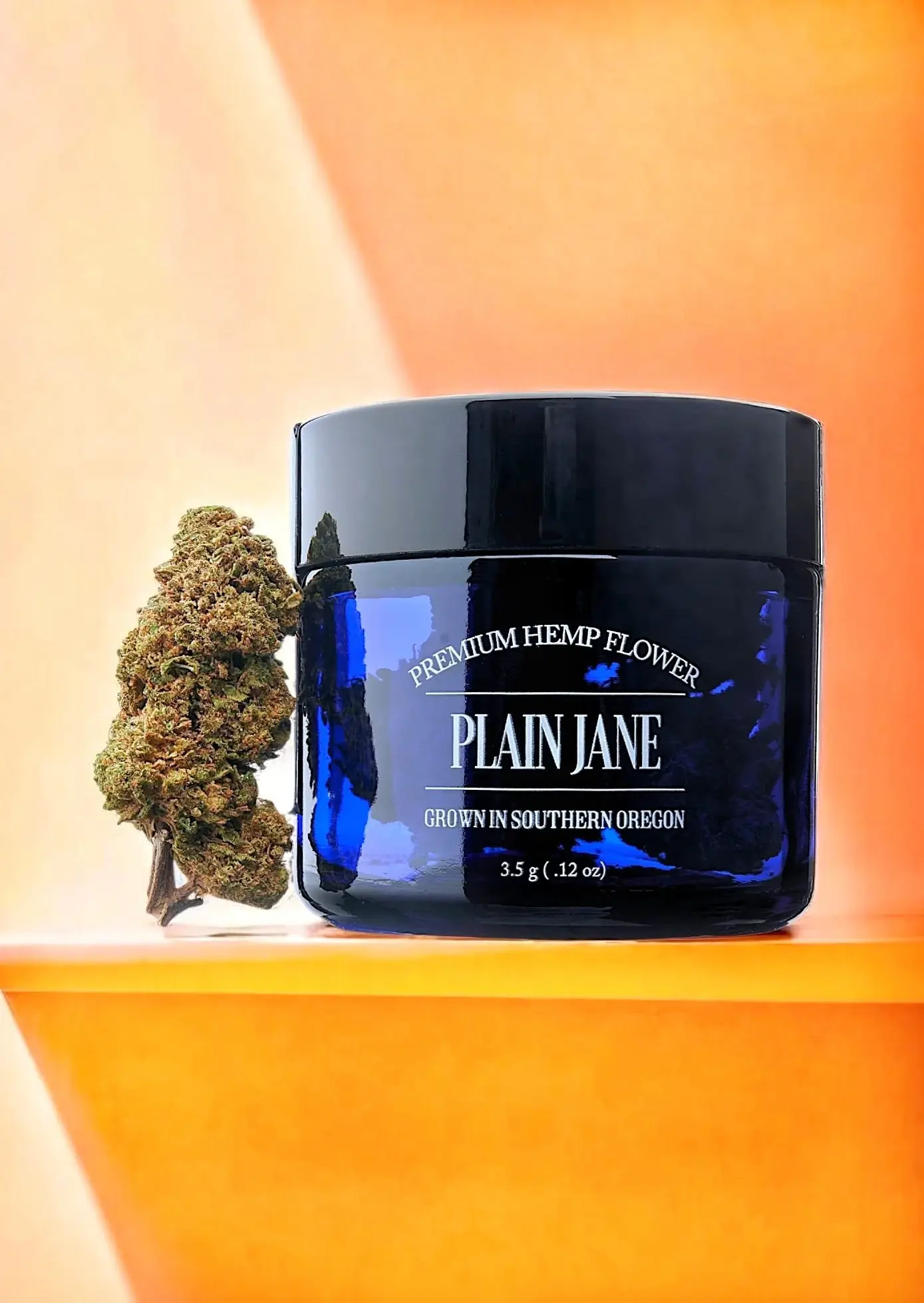
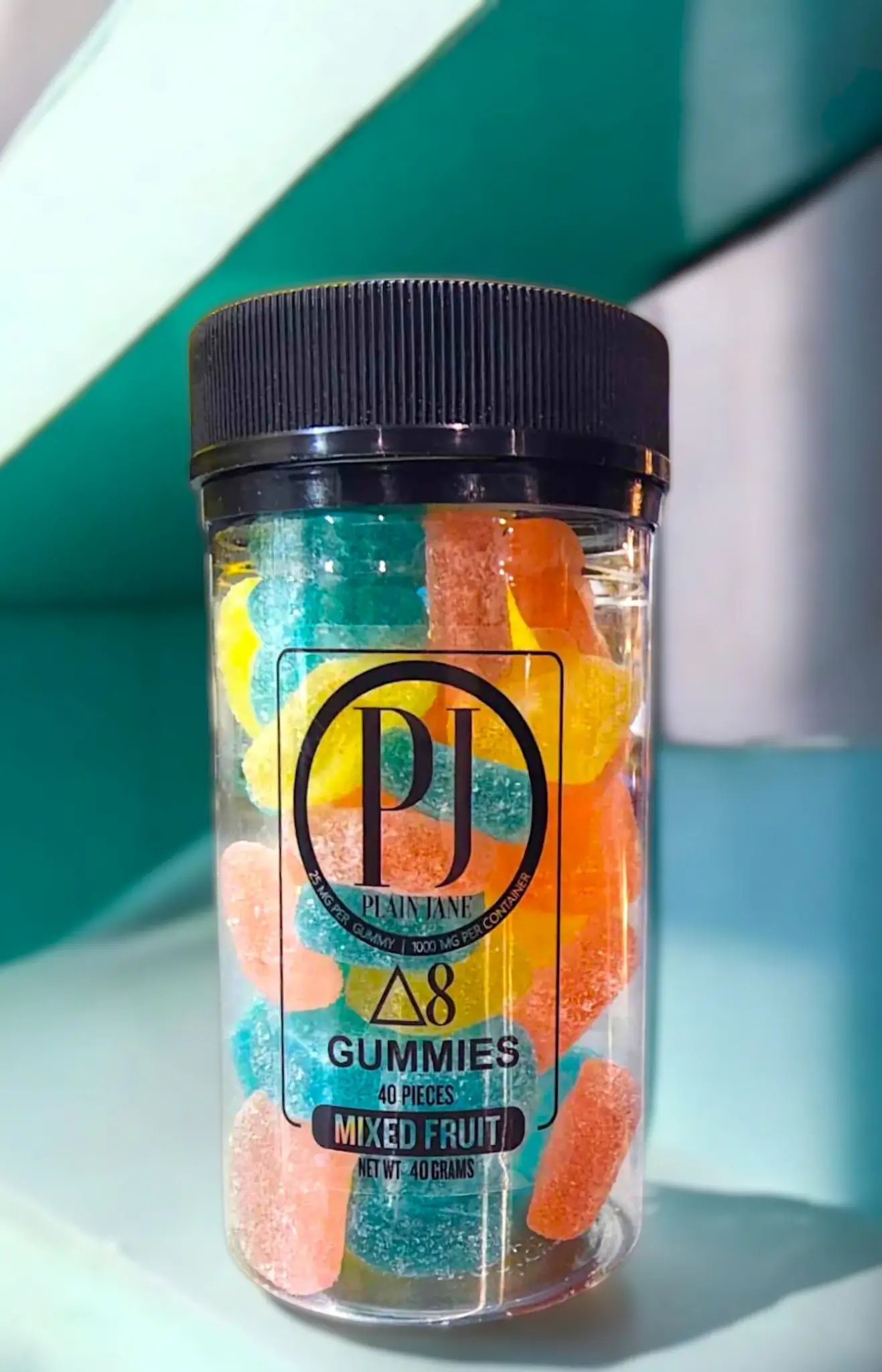
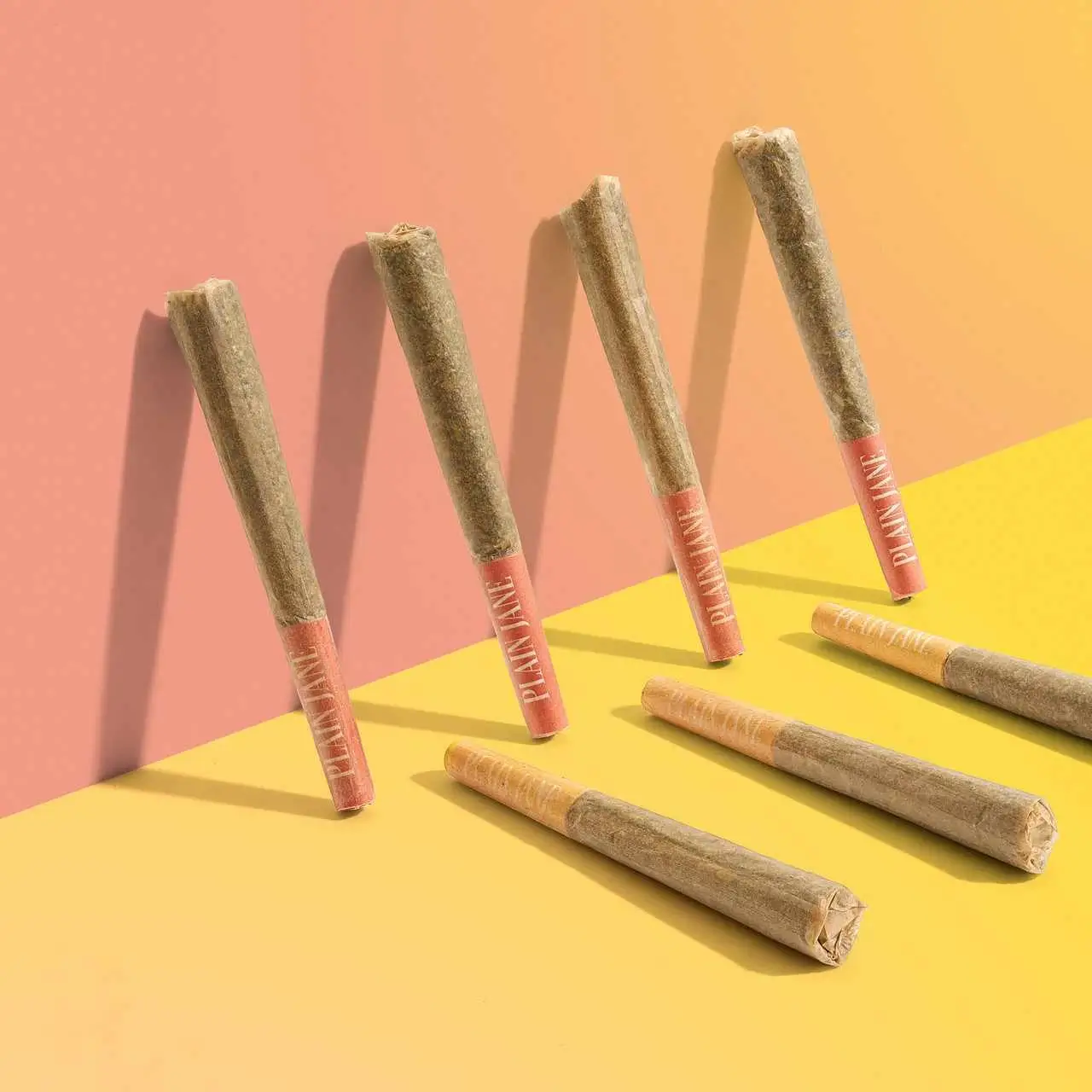

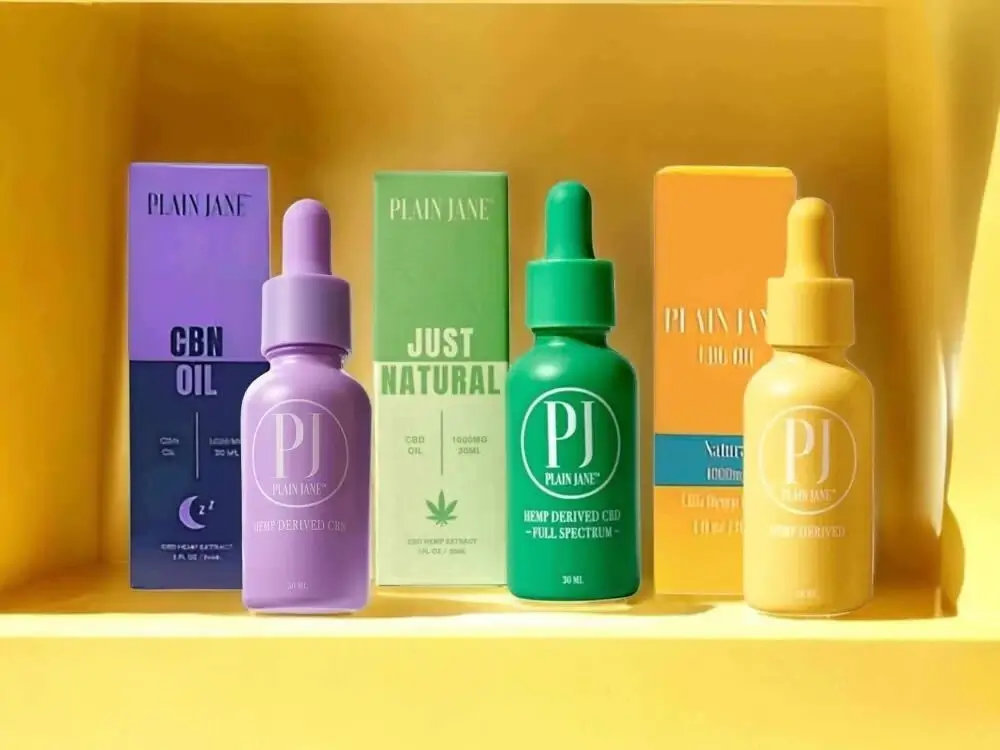
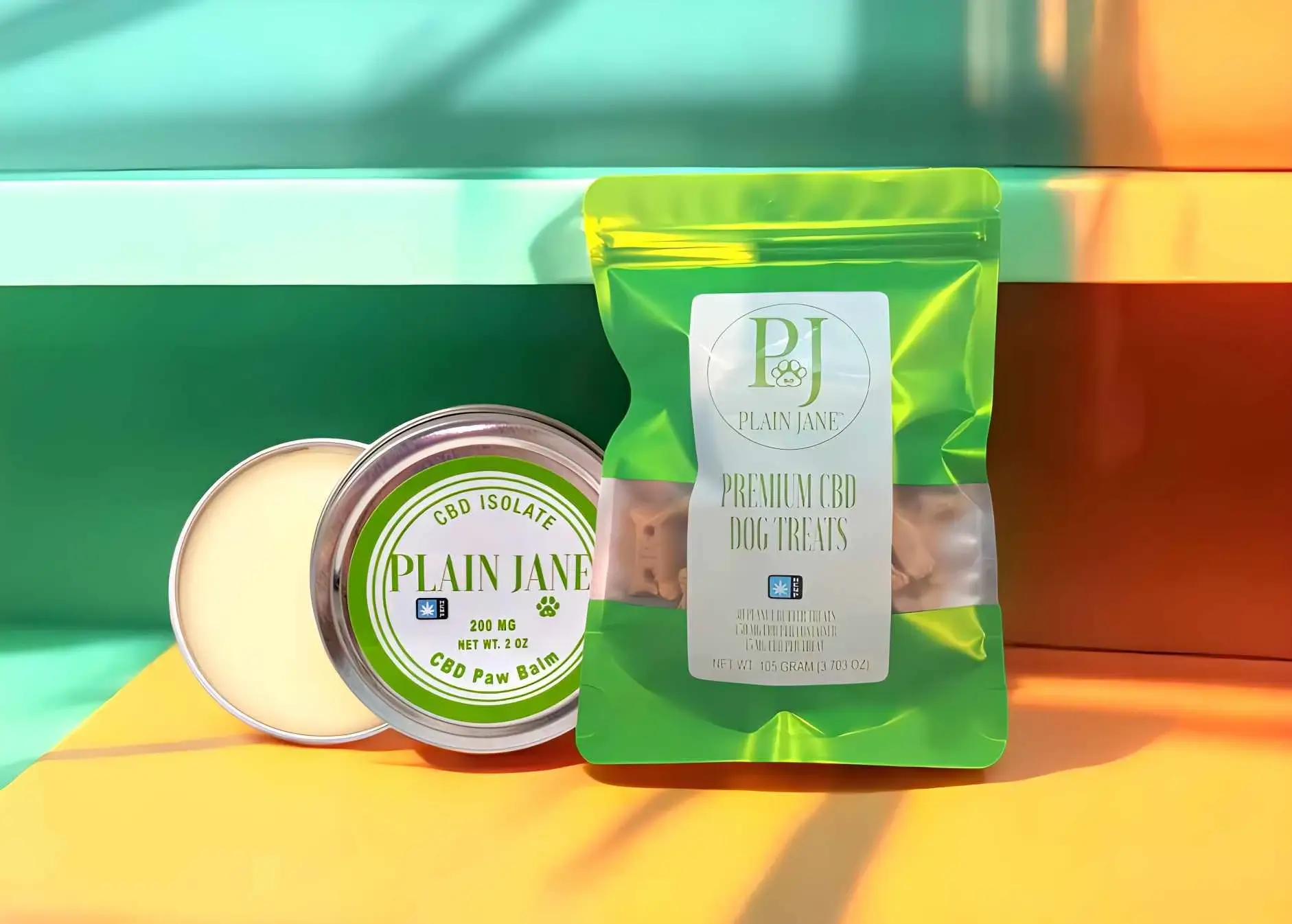



0 comments